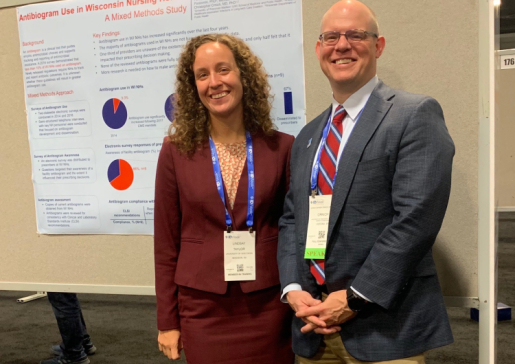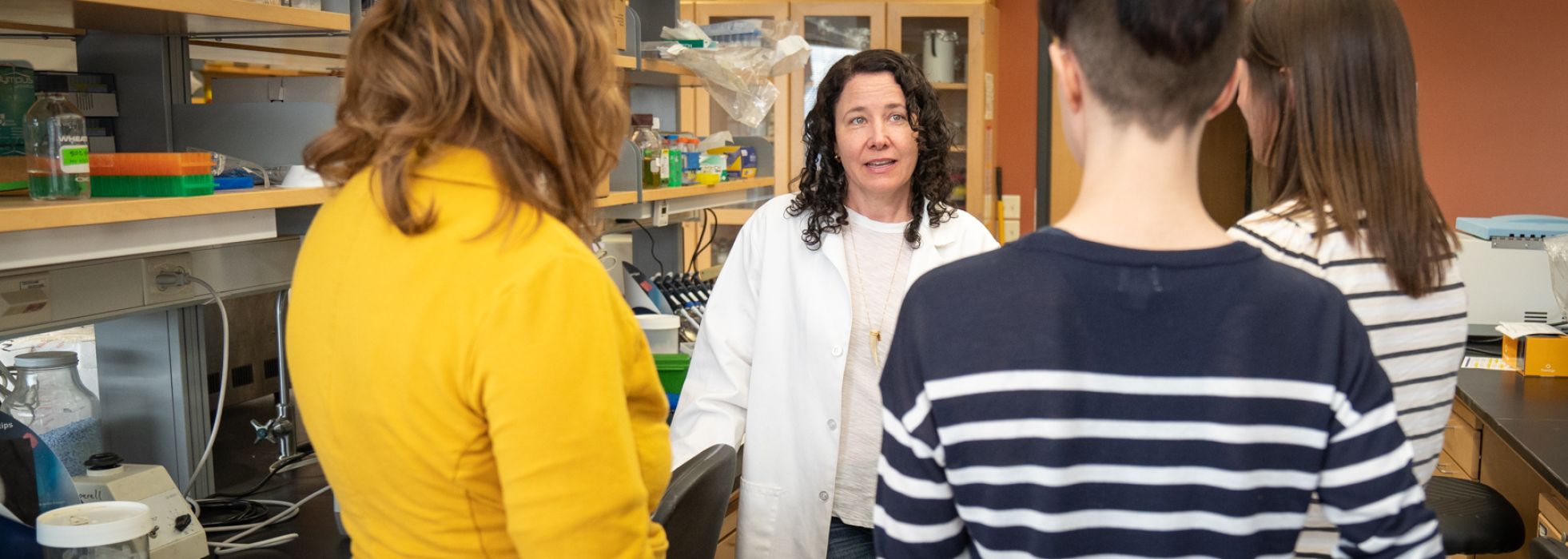Individualized Support
We know mentorship is imperative in guiding the next generation of academically-oriented infectious disease specialists, and we have an individualized mentorship program that promotes fellows’ career planning and development as clinicians, educators and researchers.
Our graduates tout their mentorship as one of the most valuable experiences in our program.

Mentorship Structure
You'll match with a set of mentors early in your training through a series of meet and greets and assessment of similar interests.
All fellows have the opportunity for mentors in career guidance, research, quality improvement, and clinical care. If you choose a pathway, you can also work with an additional mentor in that area of specialization. Semi-annually, you’ll meet with this committee of mentors to discuss your needs.
You'll meet with your mentors regularly based on your needs. These relationships are longitudinal and can ideally evolve into peer mentorship as you progress in your career.
We encourage mentors from collaborating programs, including the Department of Medical Microbiology and Immunology, the UW School of Medicine and Public Health, UW School of Pharmacy, UW School of Nursing, and the Wisconsin Department of Health Services.
The Ways We Mentor You
Career Development
Pair with faculty members to support your general career development during training and beyond. Career mentors provide guidance on building a CV and portfolio, applying to jobs, seeking out a career path in the field, and other general guidance as training progresses.
Quality Improvement
Participate in the Department of Medicine’s QI Curriculum for Fellowship and present at the UW Health QI Symposium and/or national meetings.
Research
Our internationally renowned scientists provide mentorship on research design, execution, and dissemination. We offer mentorship opportunities in basic science, clinical research, implementation science, medical education and the social sciences.
Journal Club
You'll present journal club annually as part of our rotating conference series. Your faculty journal club mentor guides critical appraisal of the literature and provides further context for the clinical question at hand.
Pathway
If you choose to graduate with distinction in a training pathway, you'll collaborate and learn from faculty currently active and working in that area of interest.
